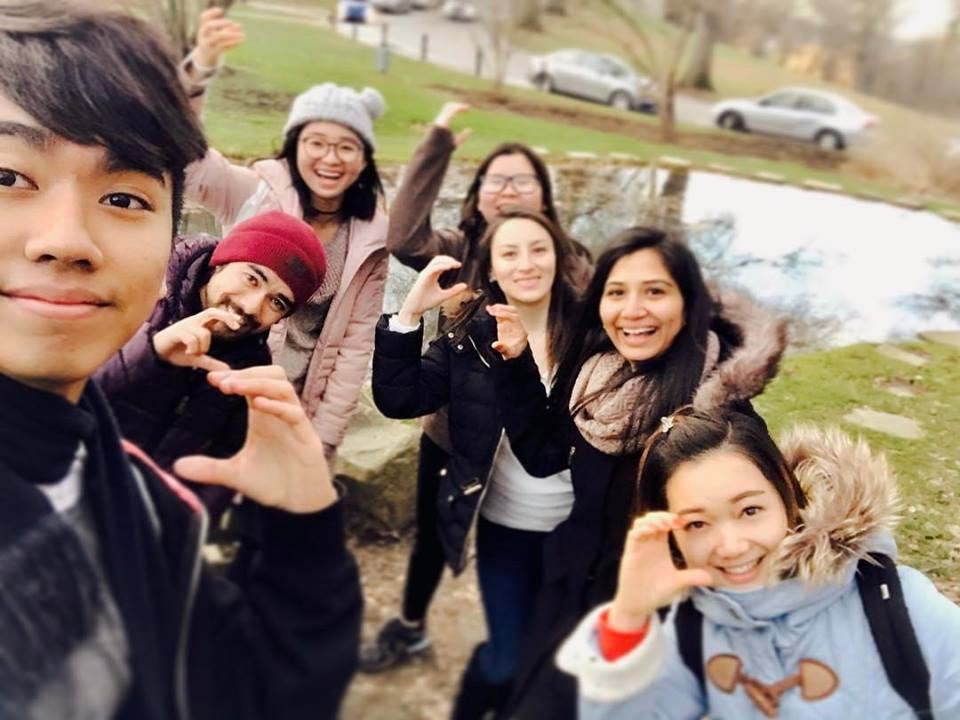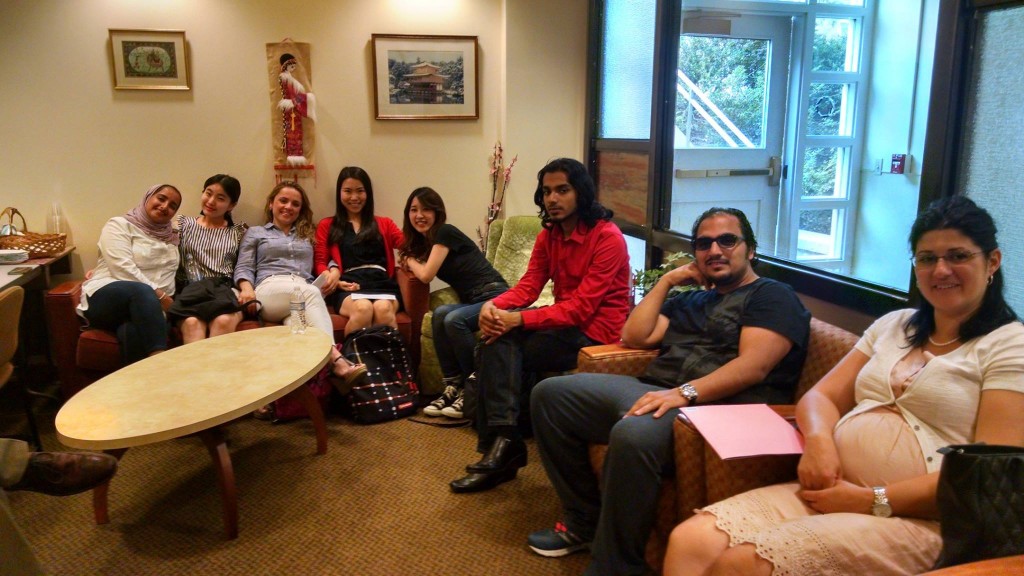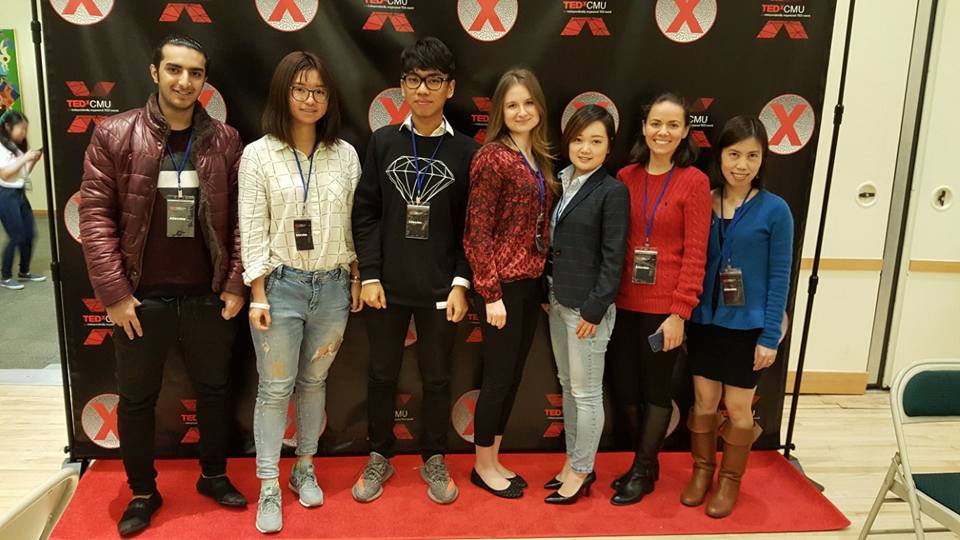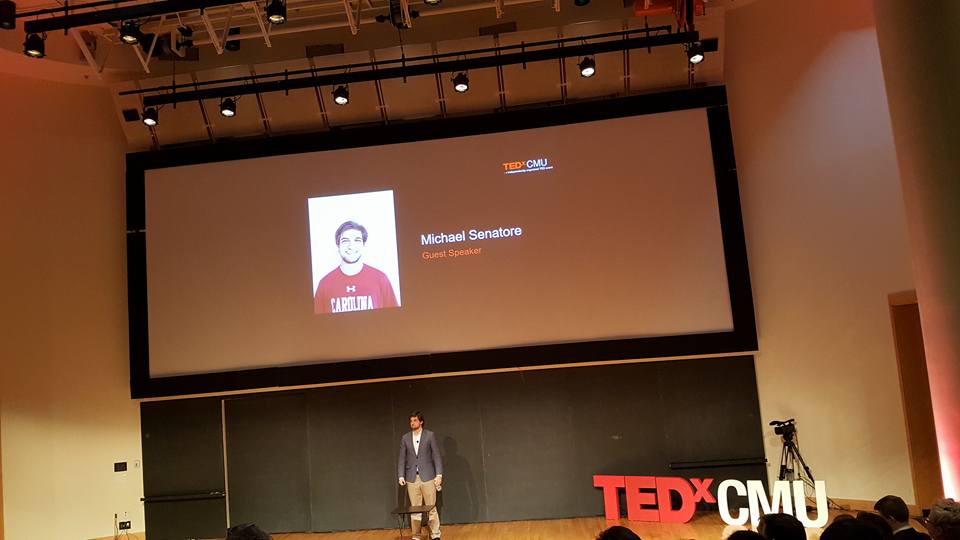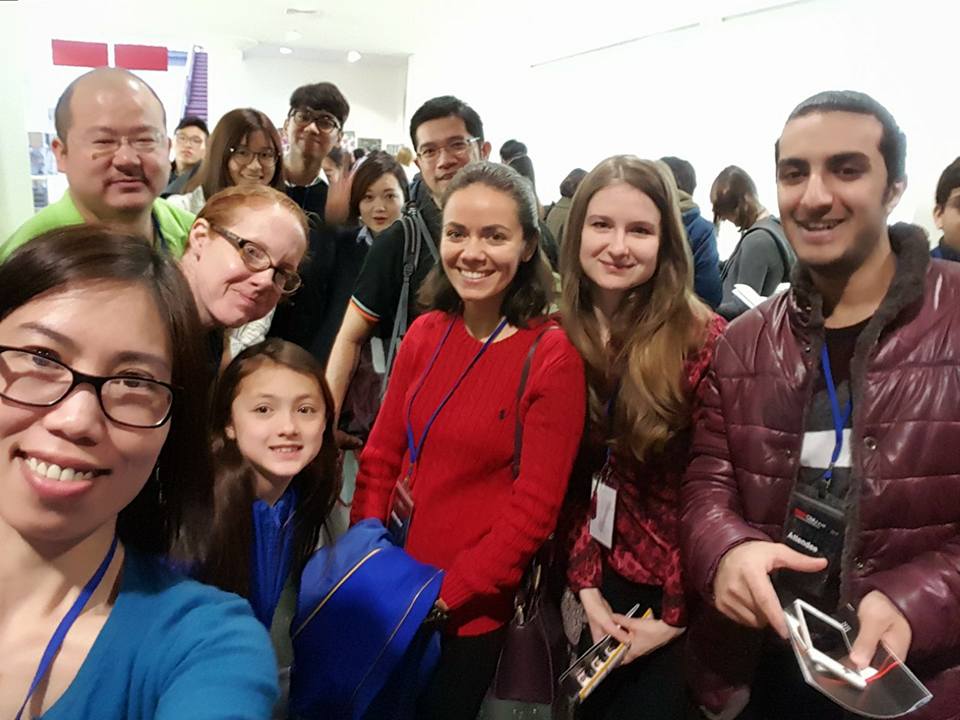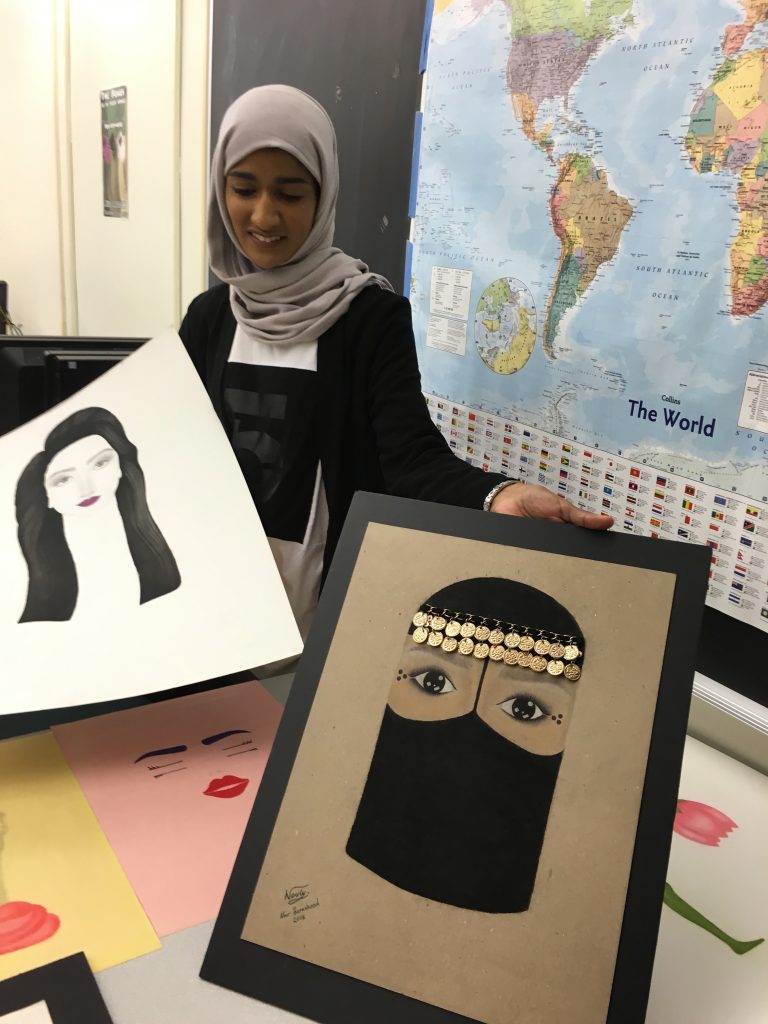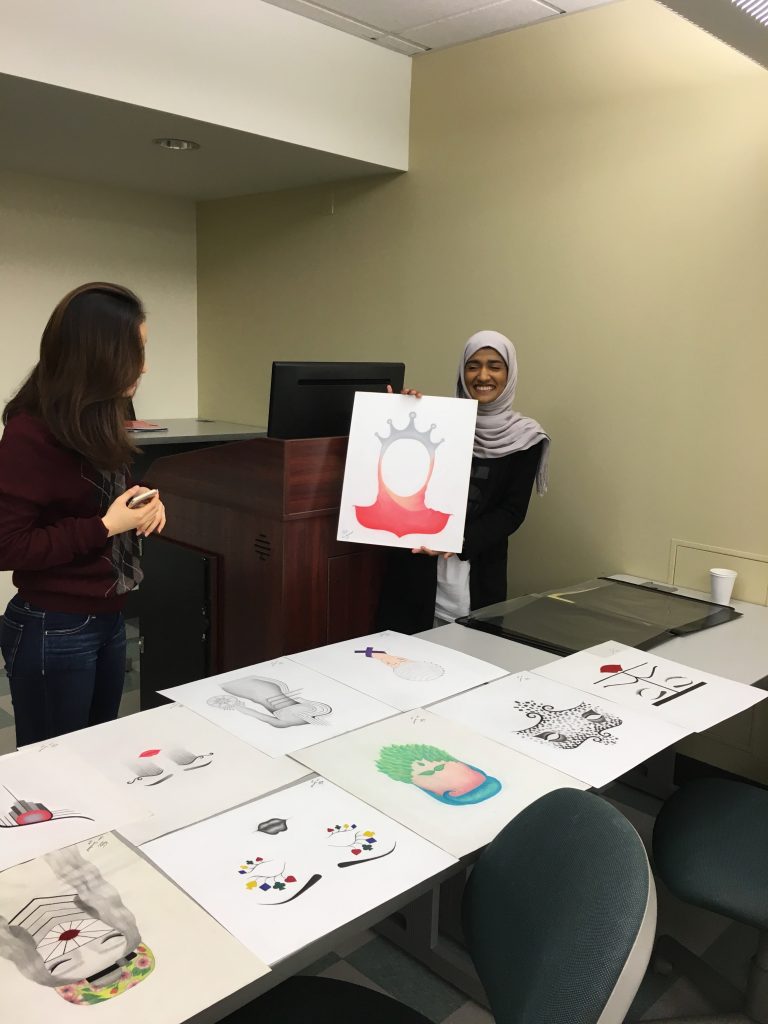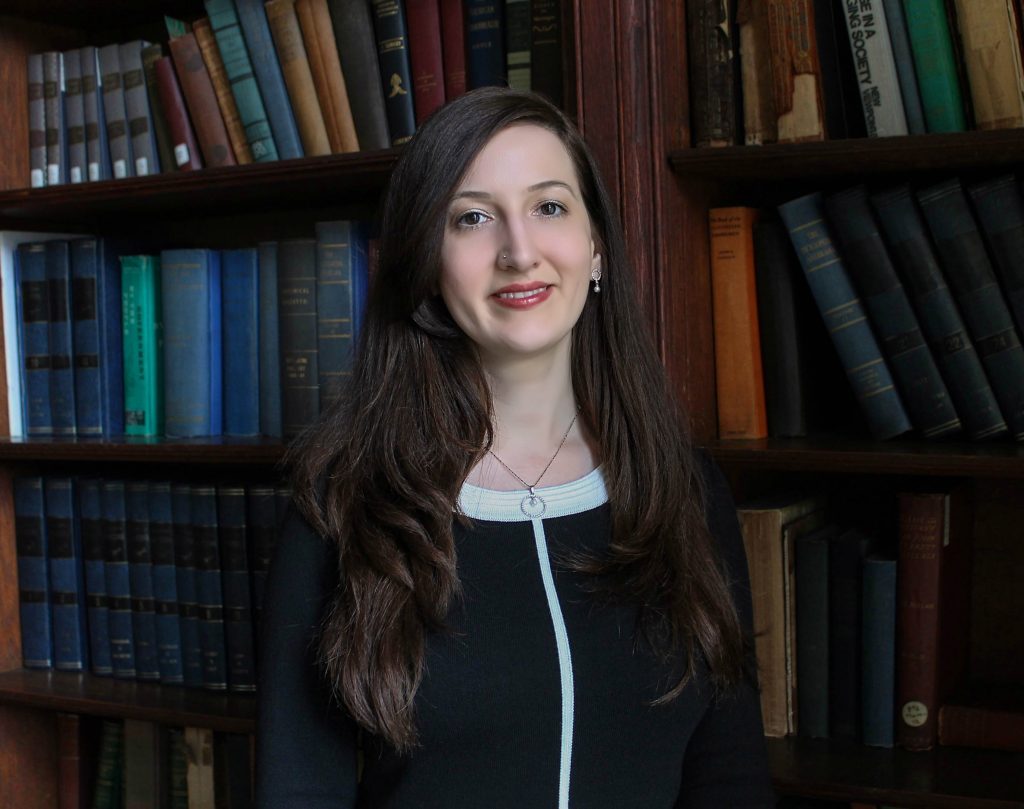By Rumi Horibe, ELP Student
Do you know what day December 1st is? It is “World AIDS Day.” And it is an international day for people in the world to commemorate people who died with AIDS and support people living with HIV. Wearing a Red ribbon means you have no bias about HIV and AIDS.
By the way, how much knowledge do you have about HIV? Some people may have the following prejudices:
It infects with a handshake and a conversation with people having HIV. It infects when you enter the same bath or pool with HIV people. It infects when you use the same daily necessities as them such as toilet, dishes, and towels. It infects by getting bit by a mosquito that sucked their blood.
All of these are wrong. There are only three infection routes of HIV: sexual contact, blood infection, and mother-to-child transmission. So, what I want to point out is “HIV does not infect by contact in daily life”. Even if someone is infected with HIV, early detection and early treatment make it possible to suppress the onset of AIDS.
However, many people living with HIV in the world still have been discriminated against because of the incorrect knowledge at work, in school, and in the community. Some people are scared of infected people and are looking at them with contempt.
In fact, the place with most discrimination against HIV are medical and welfare places. In Japan, a case which a dental clinic in Kochi prefecture refused treatment for HIV-positive people was widely reported in 2014. Surprisingly, according to the data from 50 countries, it shows that one in eight people living with HIV have been denied healthcare in the hospital. People with HIV have been biased not only by ordinary people but also by medical personnel.
Moreover, it is thought that the socially vulnerable including black people, gay, transgender, drug users, and sex workers are the main infected persons. Some people seem to regard HIV as the result of evil and corrupt life. In 2013 in Japan, a man who had been doing job hunting honestly confirmed that “I had HIV” in an interview because he was worried that other people might be infected through injuries. Then, the person in charge of the interview asked mercilessly, “Why did you get HIV?”, “Are you a gay person?” No matter how many times he explained “if I continue to drink medicine, AIDS will be suppressed”, he could not get an understanding. “I felt frustrated and I never forgot that cold gaze.”, he said.
In this way, many HIV people have been taken away from human rights due to wrong knowledge and prejudice. They are suffering not only physical pain, but also mentally.
Do you know these facts? Let’s help people with HIV together.
Everyone has equal rights to live freely and humanly. Everyone has an equal right to take the same treatment in the hospital and get a job. I want to insist again, “HIV has never infected by contact in daily life.” Let’s spread correct knowledge about HIV and fight against biases of HIV.
Also, let’s not forget the date of December 1st. It’s time to unite together with wearing a Red ribbon. It’s time to give a hand to people with HIV and help them from mountains of despair.
I hope December 1st will be a more important day for us to consider HIV and AIDS. With a Red ribbon, I think we will be able to go hand in hand together with people living with HIV.
